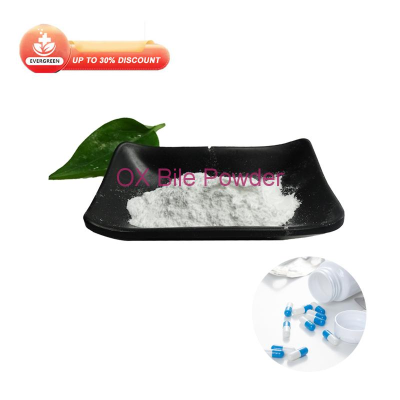-
Categories
-
Pharmaceutical Intermediates
-
Active Pharmaceutical Ingredients
-
Food Additives
- Industrial Coatings
- Agrochemicals
- Dyes and Pigments
- Surfactant
- Flavors and Fragrances
- Chemical Reagents
- Catalyst and Auxiliary
- Natural Products
- Inorganic Chemistry
-
Organic Chemistry
-
Biochemical Engineering
- Analytical Chemistry
- Cosmetic Ingredient
-
Pharmaceutical Intermediates
Promotion
ECHEMI Mall
Wholesale
Weekly Price
Exhibition
News
-
Trade Service
British media say a hormone hormone secreted by bones appears to reverse age-related memory loss. Exercise promotes this hormone secretion, suggesting that lifting weights may protect the brain from age.
. Eric Kendall of Columbia University and his colleagues are interested in the mechanisms that lead to age-related memory loss, new scientists reported on November 23. They measured messenger RNA (mRNA) levels associated with the expression of 23,000 genes in the human brain. Genes use mRNA to tell cells to make products such as proteins -- so mRNA levels reflect how active a gene is before death.
the team focused its analysis on the toothed back, the report said. As we age, this area of the brain is particularly affected by memory loss.
brain tissue came from eight healthy subjects between the ages of 33 and 88. The activity of a gene called RbAp48 in these people decreases with age. The gene is known to be involved in the process of converting short-term memory into long-term memory.
team's work is further evidence of a link between RbAp48 and the bone-secreted hormone osteocalprotein, The Associated Press reported.
osteocalprotein has many functions, one of which seems to be related to cognition - a mutation that causes memory deficits in mice with low levels of the hormone in the body.
study, bone calcium protein produced by bones appears to be critical to memory health. The following facts support this conclusion: Age-related osteoporosis - bone loss of strength, reduced osteocalprotein production - is associated with memory loss.
, osteocalprotein usually decreases as bone mass decreases through the lifetime, according to the report. However, Kandel says exercise may be able to stop the phenomenon.







